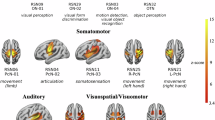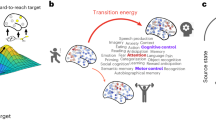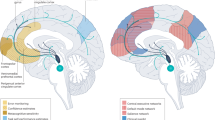Abstract
The Cognitive Atlas is a collaborative knowledge-building project that aims to develop an ontology that characterizes the current conceptual framework among researchers in cognitive science and neuroscience. The project objectives from the beginning focused on usability, simplicity, and utility for end users. Support for Semantic Web technologies was also a priority in order to support interoperability with other neuroscience projects and knowledge bases. Current off-the-shelf semantic web or semantic wiki technologies, however, do not often lend themselves to simple user interaction designs for non-technical researchers and practitioners; the abstract nature and complexity of these systems acts as point of friction for user interaction, inhibiting usability and utility. Instead, we take an alternate interaction design approach driven by user centered design processes rather than a base set of semantic technologies. This paper reviews the initial two rounds of design and development of the Cognitive Atlas system, including interactive design decisions and their implementation as guided by current industry practices for the development of complex interactive systems.
Similar content being viewed by others
Article PDF
Author information
Authors and Affiliations
Corresponding author
Rights and permissions
About this article
Cite this article
Miller, E., Seppa, C., Kittur, A. et al. The Cognitive Atlas: Employing Interaction Design Processes to Facilitate Collaborative Ontology Creation. Nat Prec (2010). https://doi.org/10.1038/npre.2010.4532.1
Received:
Accepted:
Published:
DOI: https://doi.org/10.1038/npre.2010.4532.1



